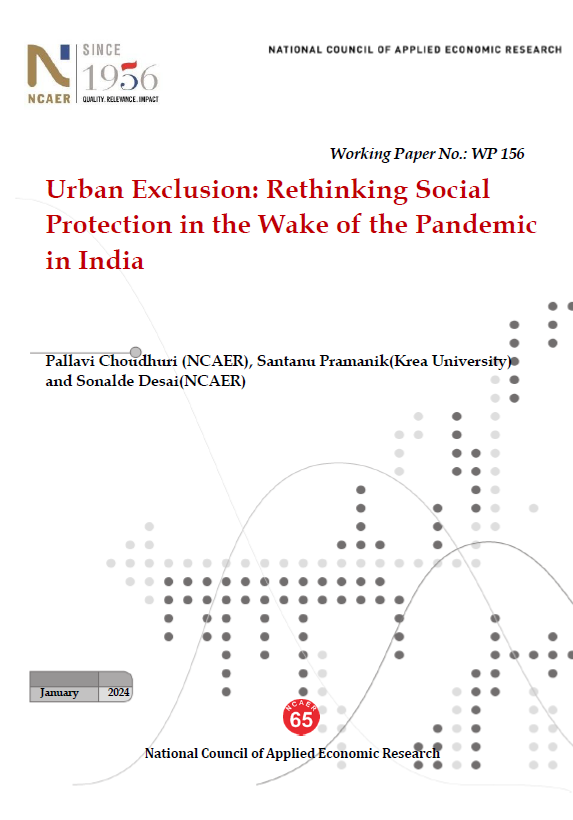
The COVID-19 pandemic, and the consequent nationwide lockdown in India that began on March 25, 2020, caused a major disruption in the labour market, leading to the widespread loss of livelihoods and food insecurity. The findings from a telephonic survey of a representative sample of... Read More
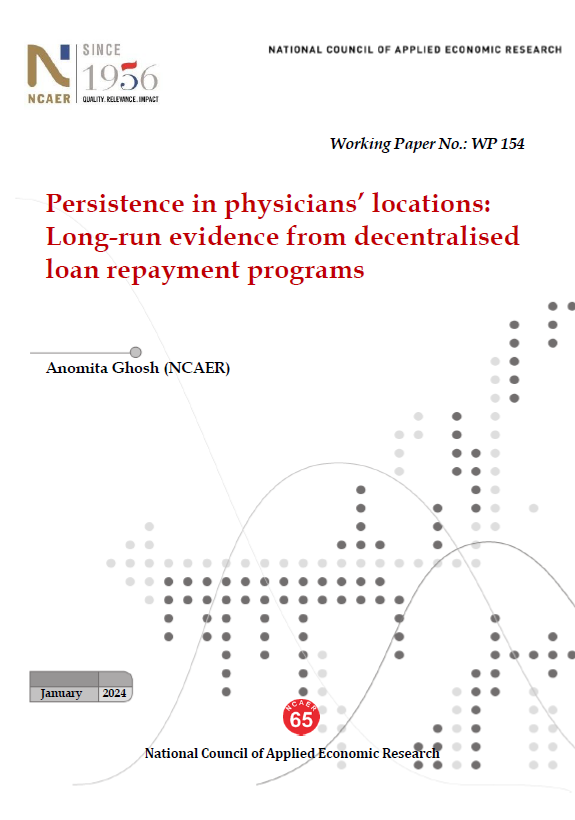
Do temporary labor supply programs cause physicians to move to and stay in undesirable areas? To what extent do these programs improve the health of the elderly and non-elderly population in those areas? I investigate these questions by studying state and local loan repayment programs... Read More
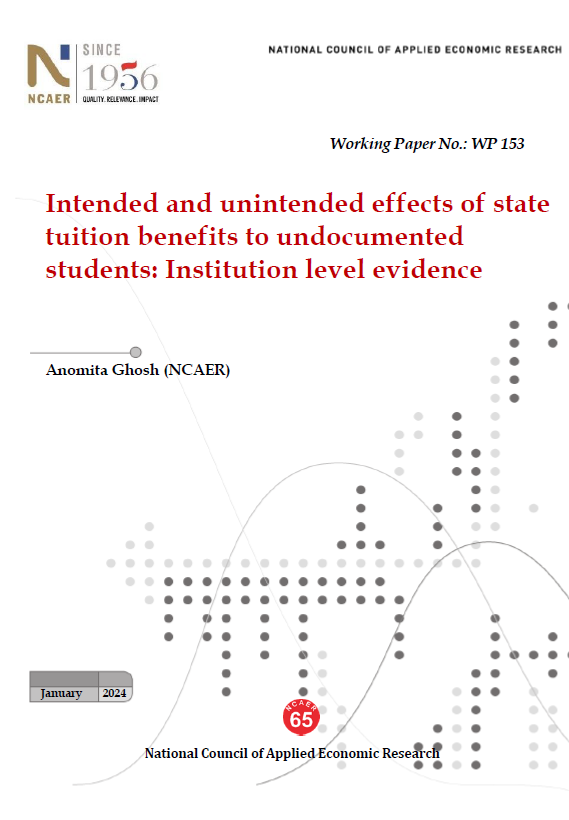
I investigate how allowing lower tuition for undocumented students at public colleges improves education outcomes, and changes institutional pricing patterns. I use administrative data and a residual method to quantify the actual number of undocumented students at school level in the pre-reform period. Exploiting the... Read More
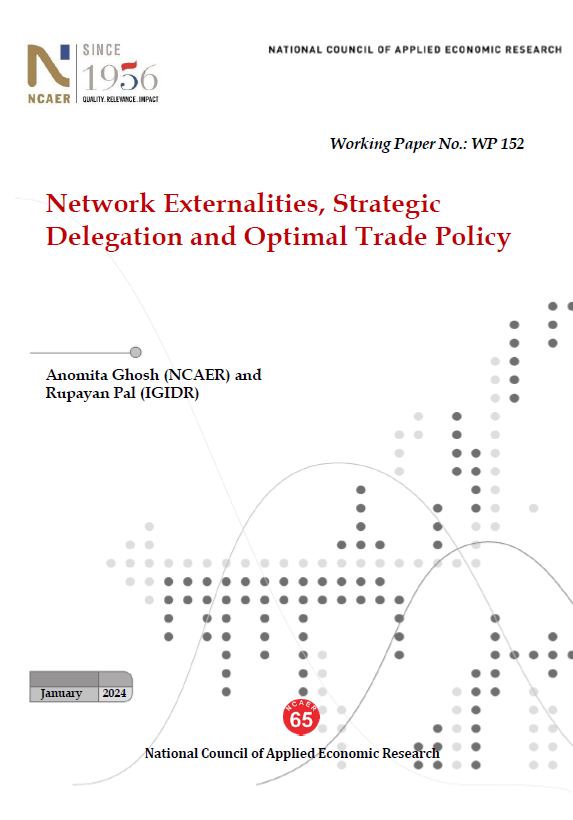
This paper examines strategic trade policy for differentiated network-goods oligopolies under alternative scenarios when there is export-rivalry between two countries. We demonstrate that, in the absence of managerial delegation, the optimal trade policy entails an export tax (subsidy) if network externalities are weak (strong). However,... Read More
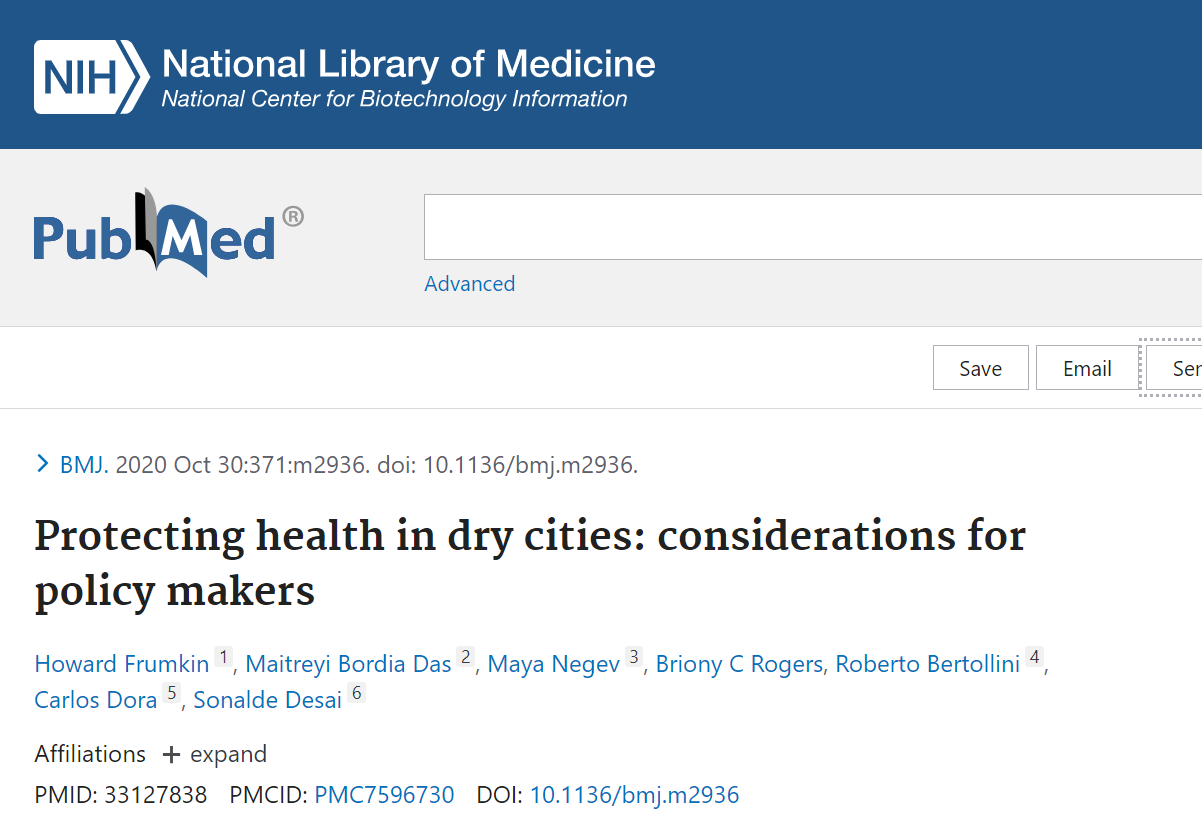
Increasing health and wellbeing in cities that experience water scarcity presents challenges, but can be done, say Howard Frumkin and colleagues.